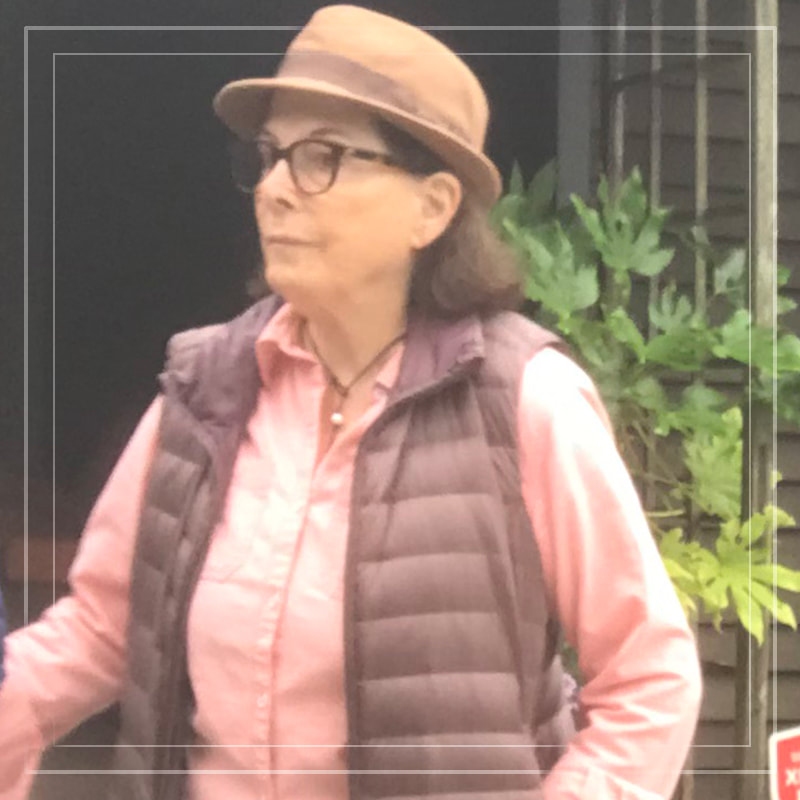|
What's the message? Either my way or the highway!
Welcome to living in an either/or world. In this either/or world, we regularly frame the opposition with assumptions, meaning, and characteristics. Imagine holding up a frame around a person and filling the image with descriptive words. Framing a person as good or bad, strong or weak, stupid or smart, on your team or against you, likable or a jerk doesn't move any conversation forward. And we forget that we're holding the frame in place around the picture we have in mind because we don't question our frame of reference. Our frame is our unconscious filter. It's the filter that shapes our bias, that shapes how we inquire into any question, how we look at the world, and the meaning we give it. It shapes how we communicate. Imagine you're in a frame shop. You hold up one frame after another and still don't like what you see. Then you ask the frame shop owner what they think. And they bring out a different frame, and you say, "Wow, I didn't picture it that way." But you now see other possibilities. We can reframe a conversation, person, or problem to see something new. We can reframe a mental picture as we do with a physical picture with a little help! When you ask what's possible, you trade in the either/or world for imagining how you might see something a new way. I'm not asking you to throw out your frame. I am asking that you notice how you're framing others and how that impacts your skill in communicating your ideas, giving feedback, and just having general conversations. When we like someone, we may be quick to agree instead of digging for the facts. When we think that someone is a jerk, we're likely to stop listening to them and dismiss their ideas or concerns as baseless. Admittedly it's challenging when two people think they're right to let go of attachment to their frames of reference. But there is room to pause, think, and reframe before disagreement escalates to estrangement. The following is what I say to reframe from being right to being curious. 1. Thank you for telling me. 2. Your idea has merit. I'm listening. 3. Let's step back and think this through. 4. Help me understand why you think this is a good idea. 5. Tell me why this is important to you. 6. I'm thinking about what you said. Let's look. 7. What's your evidence? 8. What's at risk if we disagree? Now that you're curious use these four practices to move your focus from yelling to discovery. You may find mutual points of interest that are more aligned than you thought possible. 1. Keep talking and listening. Minds don't easily change. Stay involved in the conversation with low attachment to your ideas so you can listen without defending your point of view. I use feelings of righteousness as a prompt to reframe from intolerance to generous listening. Be on the lookout for micro expressions like shaking your head while someone is still talking. They can see how you're framing their words! 2. Guard against just looking for evidence to persuade the other person to agree with you. Instead, ask more questions to reveal something new. It's fair to give your evidence to be considered but hold it lightly as part of the conversation instead of the conclusion. 3. Reflect as you talk. Have you had the experience of reflection after you sleep on it that you over-reacted? Then you have to go back and clean up the mess of your outburst or silence. Once the moment passes, you realize that you may have missed an opportunity to deepen the relationship. A moment of patience can reframe your notion of relationship from separate selves to we are in this together. 4. Be kind in your approach, like a gentle mystic listening to discover how the universe of ideas works. Notice what happens when you ask a clarifying question versus giving a sermon on what you believe. Asking questions is one of my favorite practices. When I catch myself in the middle of a rant, I ask a question instead of continuing my speech, reminding myself that I already know what I think. With tenderness, look inside to find the inner intolerance that puts you at odds with someone else. Take a journey from your head to your heart. Then you can look for ways to reframe from adversary to ally. Decide to keep the discussion alive. You'll keep learning that way. And who knows, you may discover something rare and miraculous. May your day be peaceful and productive. |
�
Paulette Sun Davis
|




 RSS Feed
RSS Feed